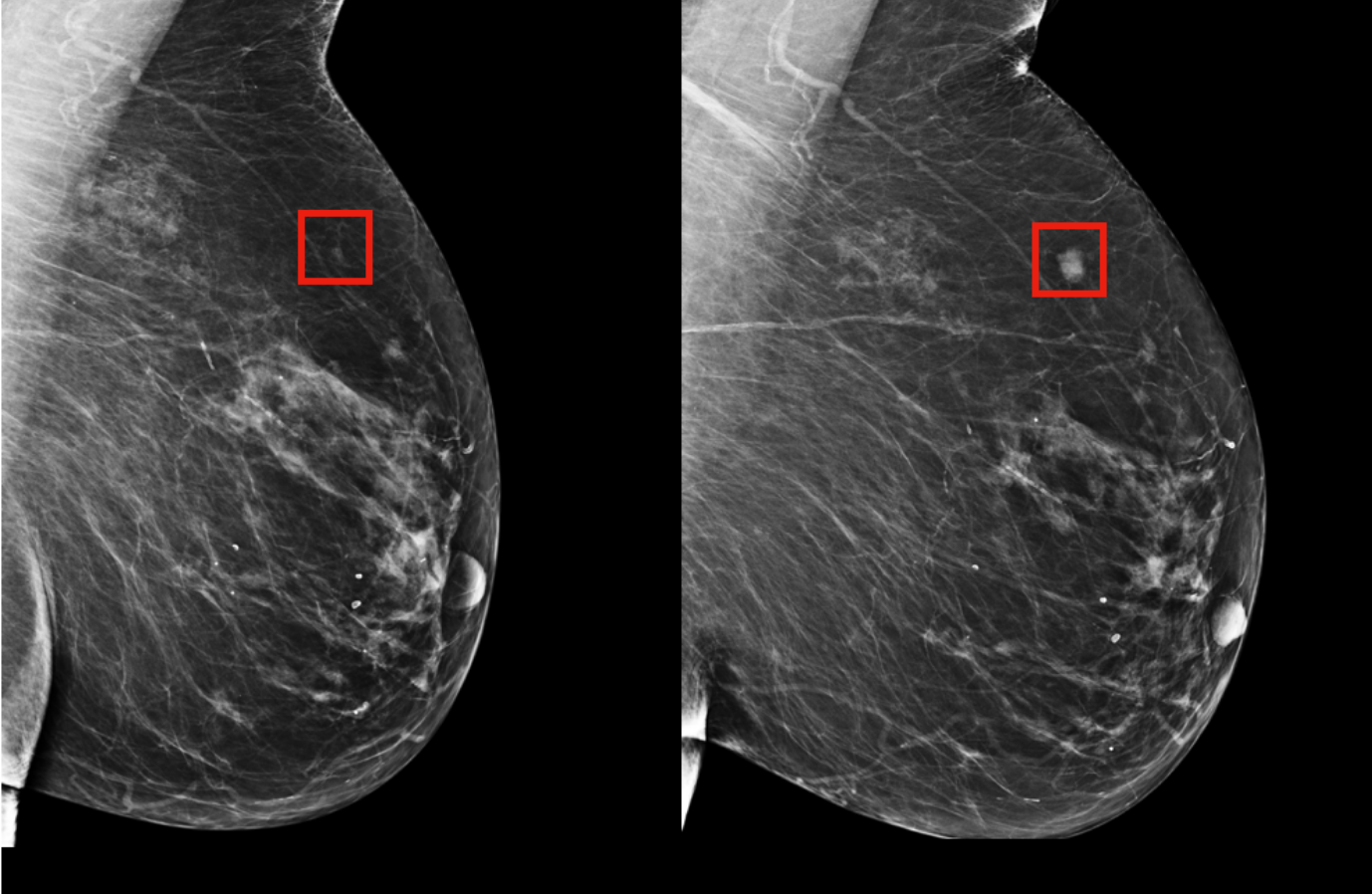Breast Cancer Guidelines NCCN is the most common cancer worldwide, accounting for more than one in eight cancers among women. There are several types of breast cancer, and each type is treated differently.
The National Comprehensive Cancer Network (NCCN) is an alliance of 26 leading healthcare organizations representing over 30 million Americans. The NCCN is the only organization that combines the collective expertise of the entire U.S. healthcare system and uses it to offer the public information about cancer care and support. This collaboration provides our members with the most current, reliable, evidence-based information regarding prevention, screening, treatment, supportive care, palliative care, survivorship, and end-of-life issues.
The National Comprehensive Cancer Network (NCCN) is a group of doctors interested in providing the best care to cancer patients. The workings to work with the American Society of Clinical Oncology (ASCO) and other health organizations to provide the best information about the most effective cancer treatments.
Regarding breast cancer treatment, the NCCN has developed guidelines to help you decide what treatment is best for you. They recommend using chemotherapy, radiation therapy, surgery, and hormone therapy to treat the cancer. It is important to note that these are just general guidelines. Some people may benefit from additional treatments, and others may not.
In October 2016, the National Comprehensive Cancer Network (NCCN) released its updated breast cancer guidelines. These are the latest guidelines that cancer care providers must follow when treating breast cancer patients.
As we all know, women are some of the hardest hit groups when it comes to breast cancer is the most common type of women, accounting for more than 40% of all cancer diagnoses.
While there are many different types of breast cancer, some are better treated than others; this is why knowing the best practices and guidelines for treating breast cancer is vital.

Early detection guidelines
The NCCN publishes evidence-based guidelines for diagnobreast cancer, prevention, treatment, and palliation of breast lines, including recommendations for screening, early detection, and appropriate therapy use, including surgery, radiation, systemic therapies, and endocrine therapies.
The guidelines are important because they give us a great resource for information and advice regarding the disease.
I think it’s’ important for women to know about the information available. The National Comprehensive Cancer Network has a wealth of information that can help women stay informed and empower them to make decisions based on facts.
I encourage anyone reading this article to familiarize themselves with the information that’s’ available to them. Doing so can ensure you’re making the best decision possible regarding your health care.
Breast cancer has become one of the most common types of casting women. With the advent of modern medicine, many women with breast cancer now have a greater chance of survival than ever before. It is estimated that approximately 250,000 new breast cancer cases are caressed yearly in the U.S., and 40,000 women will die from the disease.
Although the chances of surviving breast cancer have improved, the physical side effects of treatment can be devastating. Women must know their risk factors and learn about the available treatment options.
The National Comprehensive Cancer Network (NCCN) is a nonprofit organization dedicated to improving the quality of care and outcomes for patients with cancer.
Breast experts develop breast cancer guidelines to guide physicians on treatment options. The NCCN Guidelines are updated on a regularly monitored new evidence and recommendations.
Diagnostic tests
The National Comprehensive Cancer Network (NCCN) was founded in 1987 by the American College of Physicians and the American Society of Clinical Oncology.
It is the world’s largest alliance of healthcare professionals dedicated to improving patient care by promoting evidence-based practice.
The NCCN has created guidelines for treating breast cancer based on the latest scientific research. These guidelines are updated annually with the newest information about breast cancer.
The National Comprehensive Cancer Network (NCCN) is an organization that has been around since 1988. They provide information on cancer prevention, early detection, diagnosis, treatment, and supportive care.
They have an entire website dedicated to breast cancer, which is helpful for anyone who needs more information.
The National Comprehensive Cancer Network (NCCN) is a nonprofit organization that provides high-quality, reliable information on all aspects of cancer care. They are the leading authority on cancer guidelines.
The guidelines outlined here were created by the National Cancer Comprehensive Network and published in December 2018.

Treatment guidelines
Breast cancer is one of the most common cancers among women. A recent study reported that breast cancer affected approximately 246,660 women in 2018 alone.
Breast cancer is also one of the most expensive cancers to treat. As such, it’s critical to understand practices in prevention and treatment. The National Comprehensive Cancer Network (NCCN) is dedicated to improving access to quality, comprehensive cancer care.
The NCCN guidelines are based on the latest scientific research and provide recommendations for diagnosis and treatment. They’re updated regularly to reflect the latest research and new treatment therapies NT needs.
The National Cancer Institute created the guidelines to provide the latest information on breast cancer prevention, diagnosis, treatment, and support rt. They were updated in 2018.
The guidelines provide recommendations based on evidence from clinical trials and expert opinions.
The first step in treating breast cancer is getting a full health assessment. This may involve biopsies, blood tests, and other procedures. Once you’ve had a complete physical examination, a mammogram may be recommended to determine whether or not your breasts show any signs of text; you’ll be referred to a specialist to help with diagnosis.
If your test results show breast cancer, you’ll be asked to discuss the treatment options with your doctor.
Your treatment plan will depend on age, medical history, cancer stage, and other factors.
Breast cancer treatment is a team effort. Your healthcare provider and a multidisciplinary team of specialists will work together to develop a personalized treatment plan.
Frequently Asked Questions (FAQs)
Q: What does it mean for a woman to be diagnosed with breast cancer?
A: For a woman to be diagnosed with breast cancer, she has to have her risk factors identified and do a series of tests.
Q: What are the three main risks a woman faces when dealing with breast cancer?
A: A woman is at a higher risk for breast cancer if she has a strong family history.
Q: What’s the difference between screening and detection?
A: Screening is looking for a disease or abnormal cell growth. Detection is when a doctor finds the disease or abnormal cell growth. It’s like getting your yearly physical. condition
Q: How can a woman reduce her risk of breast cancer?
A: Women can reduce their risk by staying aware of having a healthy weight and not using tobacco products.
Q: Who are the members of the National Comprehensive Cancer Network?
A: The National Comprehensive Cancer Network is an organization of over 250 hospitals and health systems with the to improve and cost-effectiveness of cancer care.
Q: Where does the NCCN come from?
A: The National Cancer Institute formed the NCI-designated Cancer Center Program in 1972 to encourage the development t of cancer centers and to promote comprehensive cancer care through a national network of such centers. In 1973, NCI expanded the concept to include the creation of comprehensive cancer programs nationwide.
Q: How did the NCCN come together?
A: In 1989 the first conference was held in Orlando, Florida. In 1990, the second annual meeting took place in Chicago. By 1993, the three largest cancer centers in the United States were represented in this group.
Q: Do you follow the breast cancer guidelines?
A: I do, because it is really important to me. I will see my doctor or call the nurse linenurse’sWho if I have any concerns. Can you tell me how the disease affects a woman’s life?
A: I know that this disease does not discriminate. Women of all ages and races are diagnosed with it. It does not discriminate against anyone.
Q: Are there things that women should do before they have surgery?
A: There are certain things that women should do before having surgery, but it depends on what kind of surgery they are having. Before having any Suomen, they should see their surgeon and review what they can expect in the post-surgery recovery period.
Q: How would you describe your experience with this disease?
A: My experience with this disease has changed me in so many wa

Myths About Cancer
Women with a family history of breast cancer cannot get breast cancer because they already have breast cancer genes.
There is no way to reduce your risk of getting breast cancer.
Breast cancer is the most common type of cancer in women.
Women in their forties and fifties have the highest risk of developing breast cancer.
Women who have withered relative to breast cancer are at higher risk for developing it.
The best way to prevent breast cancer is to get a yearly mammogram at the age of no standard breast cancer treatment, so each person must treat it differently. Options are a series of tradeoffs: the worse the side effects, the greater the benefit.
Conclusion
To keep your patients safe, you should be aware of the latest developments in breast cancer.
The guidelines and recommendations published by the National Comprehensive Cancer Network (NCCN) are widely respected.
They have been created with patient safety in mind and aim to provide the latest information about breast cancer disease, diagnosis, treatment, and prevention.
The NCCN is a nonprofit organization that provides guidelines for healthcare professionals and patients on cancer treatments. Their mission is to improve outcomes for people with cancer through improved access to evidence-based information, education, and support.
Their website has a wealth of resources available to you. You can search by topic, disease type, or type of treatment.
Breast cancer is one of the leading causes of death in women in the United States. Approximately 252,710 new cases were reported in 2017, and it’s’ expected to rise.
The National Comprehensive Cancer Network (NCCN) has created guidelines to help doctors and patients make treatment decisions.
These recommendations are based on the latest research and include information on which treatments are most effective and whether they are appropriate for specific types of breast cancers.





